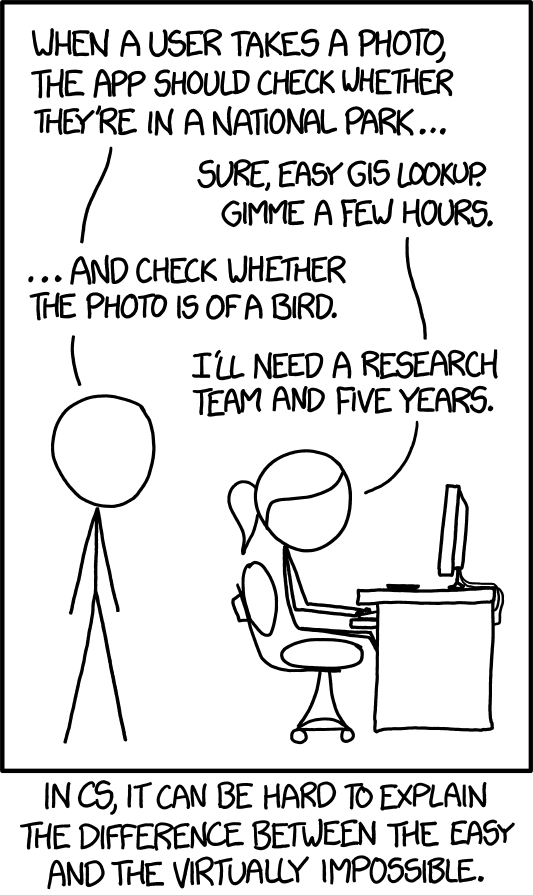"Any sufficiently advanced technology is indistinguishable from magic." Arthur Clarke
Apparently for Bultmann, "sufficiently advanced" = "I don't understand it."
Anyone who understands the immense effort that goes into that switch bringing light will not mistake it for a miracle. If the knowledgeable one is working in the fields himself, he might even be insulted that you ignore his hard work.
Perhaps the mistake is unsurprising--miracles are done by Someone else, and the light from the ceiling or frozen food in the store is done by someones else--other people who are usually invisible to the lucky consumer.
Are we aware enough to be grateful?
It wouldn't hurt to remind ourselves, and our children, of how much work goes on behind the scenes, and how hard one must work to make things easy.
One side effect of living with so many "pocket miracles" is losing track of what is possible and what isn't.

Science Fiction Culture is a kind of magical thinking, shaped by our attitudes to the engineering marvels that we don't understand. In science fiction anything is possible. Travel faster than light? Upload your brain into a computer? All just a matter of time. I can point you to people who believe this!
The sci-fi/magic universe isn't just "pocket miracles" now, it is a future of more and more. "Whatever you imagine can be someday." There's already a touch of solipsism here--who needs to think about pesky realistic constraints?
If anything is possible, what's to keep us from achieving it now? "If we can put a man on the Moon, we can find a cure for cancer! All we need is the will to commit the resources." It turns out that dreams demand power and money, and if they're fruitless it's just because "You're not doing it right!"
When dreams meet reality, frustration ensues. I don't think it gets better when you can't admit you were wrong.
- "We can eliminate poverty" Depending on how you define that, "sort of" and "not a snowball's chance."
- "If the other countries just got to try the democratic/consumer society, they'd all get along." Somebody didn't pay attention in history class. Or current events.
- "If everybody would become Christians, the world would be perfect and at peace." Jesus said a few things that disparage that premise.
What else is the notion that you can easily change sexes than sci-fi? (Tiresias had to have Hera work a miracle--not something just anybody can arrange.)
UPDATE: About the "invisible people:" when you think of "Top Gun" remember these pictures.
2 comments:
I am no longer in touch with sci-fi culture. That was mostly the years 1965-85. For that group, and the earlier writers who many of us read then, I think you are quite correct. Since then, I'm not sure.
Bultmann could have stood to read the sci-fi writer C S Lewis, who answers those precise objects quickly and cleanly. Other questions are harder.
Bultmann was being remarkably silly.
I was using "Sci-fi" in its older sense--first wave, if you like. Some parts of the field have grown rancid lately, and unfortunately those partisans have taken over the channels of publicity and distribution.
Post a Comment